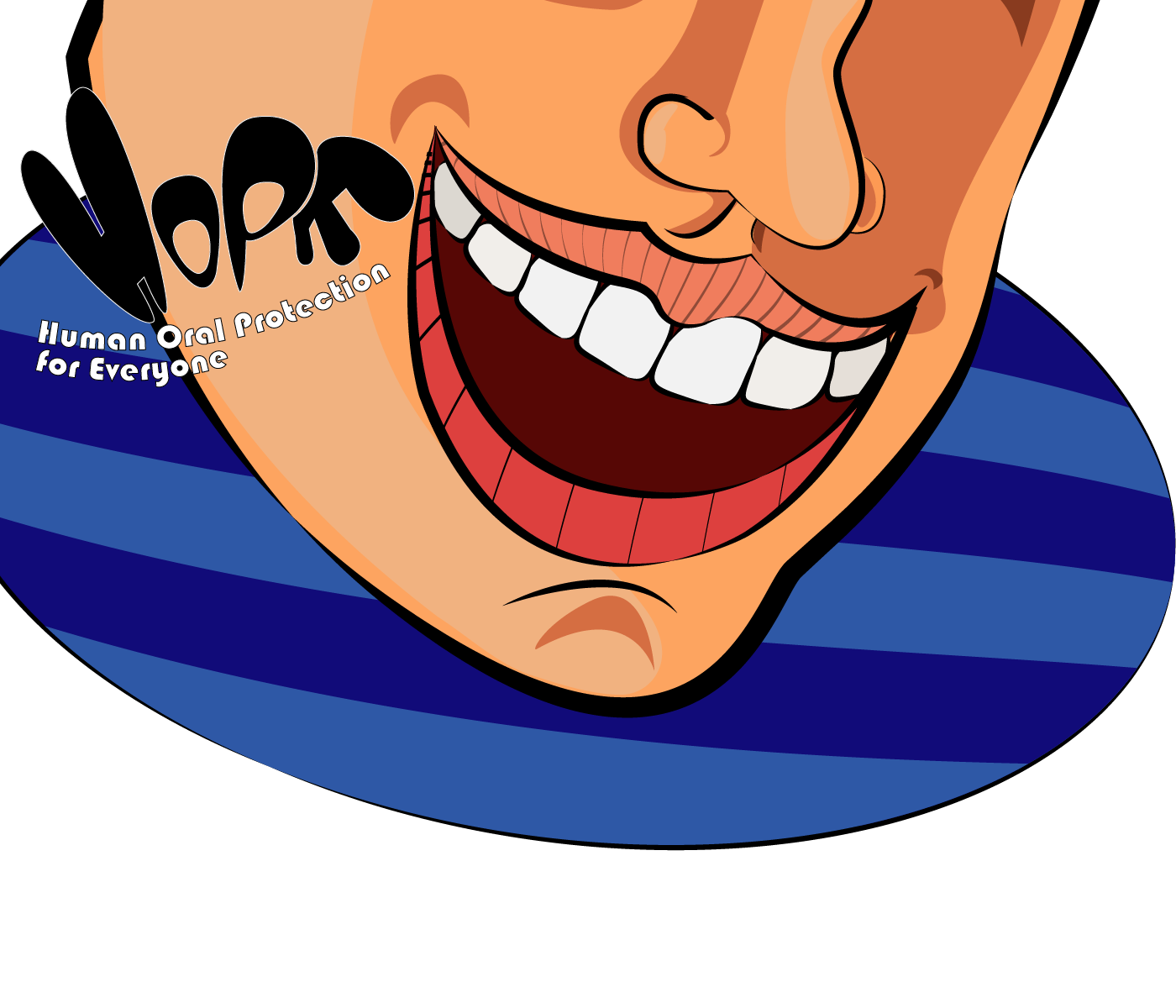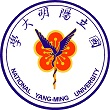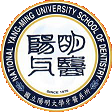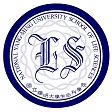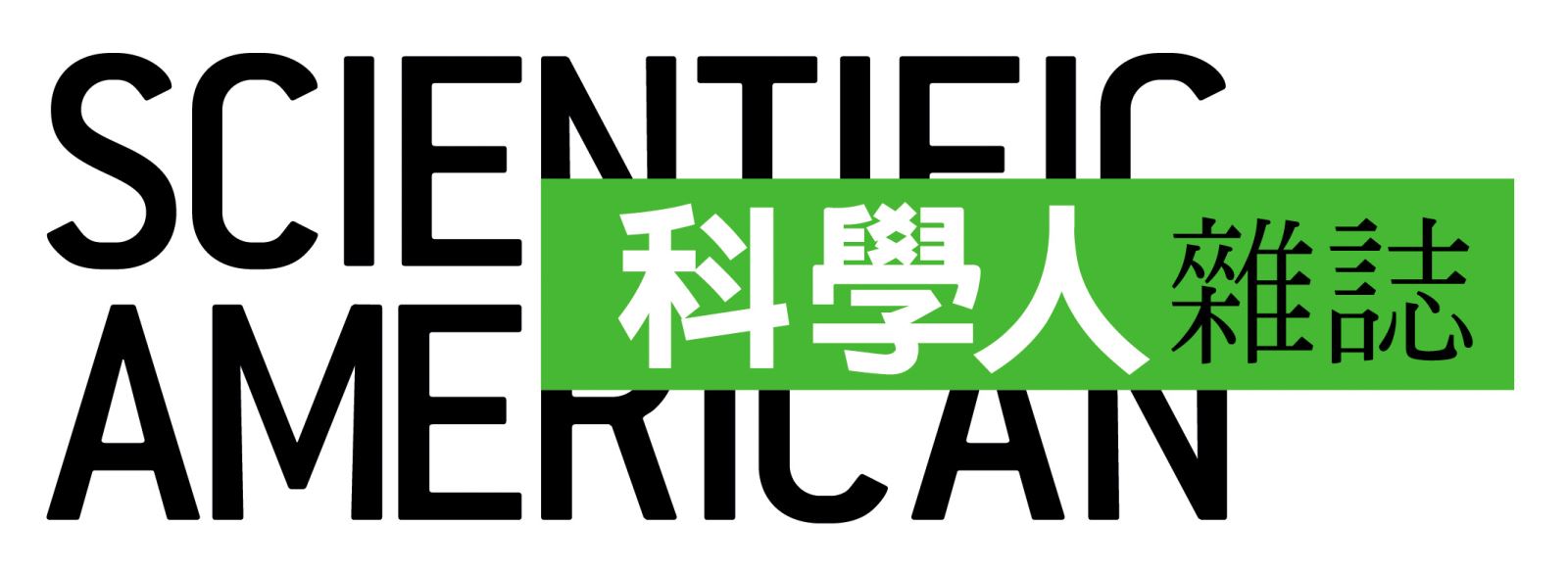Team:NYMU-Taipei
From 2014.igem.org
| Line 4: | Line 4: | ||
<div style='margin-top: -18%;'> | <div style='margin-top: -18%;'> | ||
| - | <video autoplay | + | <video autoplay height="306" width="513" > |
| - | + | ||
| - | + | ||
| - | + | ||
| - | + | ||
| - | + | ||
| - | + | ||
| - | "> | + | |
<source src="/wiki/images/c/c8/NYMU14_openfilm.mov" type="video/mov"> | <source src="/wiki/images/c/c8/NYMU14_openfilm.mov" type="video/mov"> | ||
Your browser does not support HTML5 video. | Your browser does not support HTML5 video. | ||
Revision as of 04:22, 17 October 2014
Did you know that nearly 100% of human population is troubled by dental cavities, the notorious nightmare bothering a person ever since childhood? Many people may neglect the importance of good oral hygiene, yet it is key to better health conditions. Serious problems such as halitosis and periodontal diseases often come along with cavities.
Nowadays the best ways to prevent cavities include brushing one's teeth and applying fluoride. However, there are people who cannot care for their own teeth. For example, the children, the elderly, the disabled, and the underprivileged, all of whom require long-term care or lack economic resources. An easy and sustainable method does not yet exist.
Thus, our team has come up with a plan in the hope of wiping out dental cavities. By modifying the genome of a bacteriophage and oral probiotic, we expect to make a sustainable auto-adjusting bio-drug to eliminate cavities.
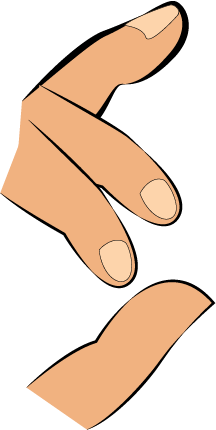
 "
"
